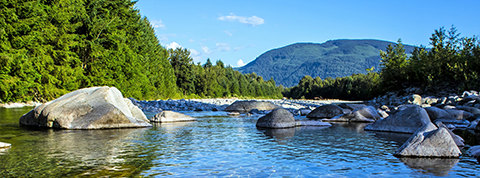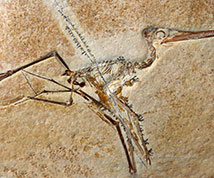Geosciences
You live to learn how the Earth works and how we interact with it.
The Geosciences program at Valdosta State prepares you for success in the lab, the classroom, and the field with Environmental Geosciences degrees with concentrations in geology, geography, or environmental sustainability. Here, you’ll satisfy your need for knowledge with hands-on experiences in courses with experienced faculty mentors. Click a program below to learn more.
Program Sort
Geosciences
-
- Main Office: 3025 Bailey Science Center
kwinkelmann@valdosta.edu
- Main Office: 3025 Bailey Science Center
-
Mailing Address
1500 N. Patterson St.
Valdosta, GA 31698 - Phone: 229.333.5798


